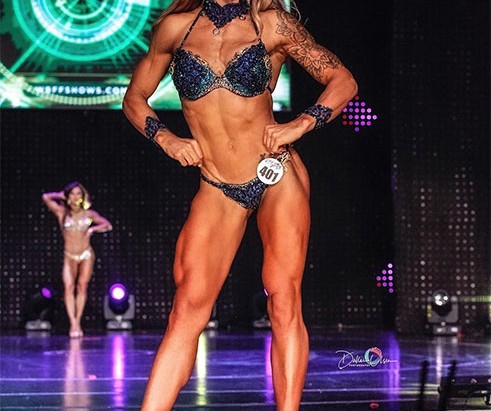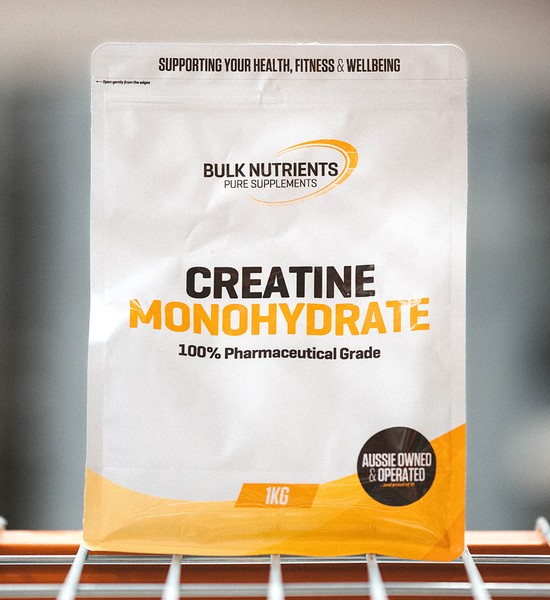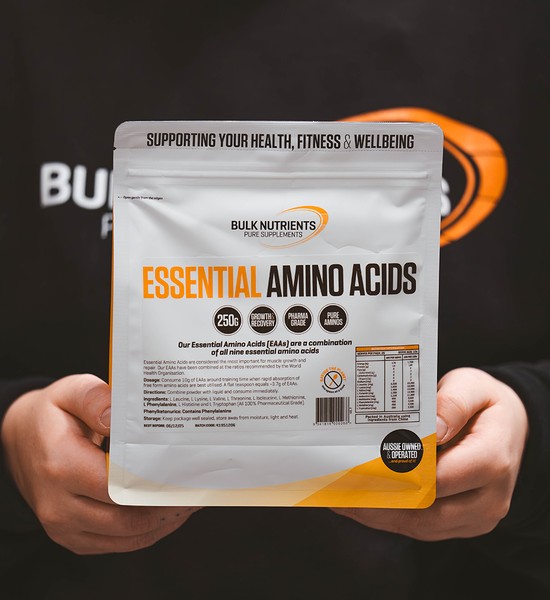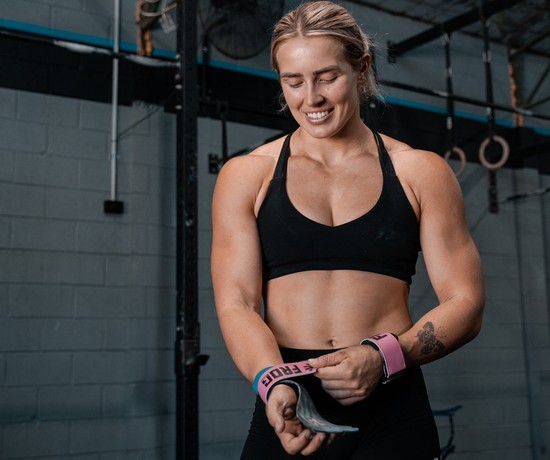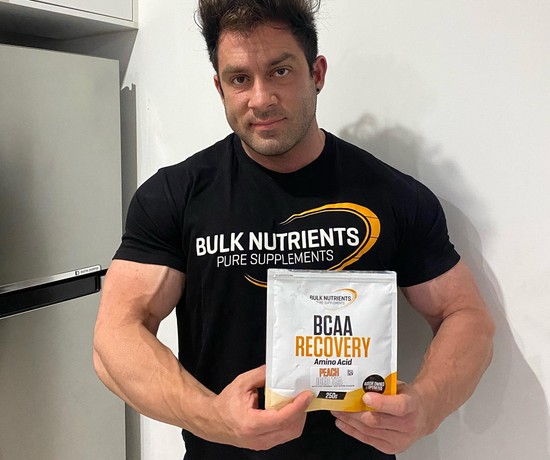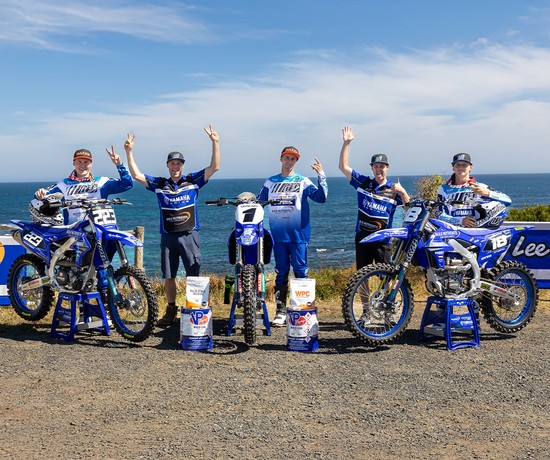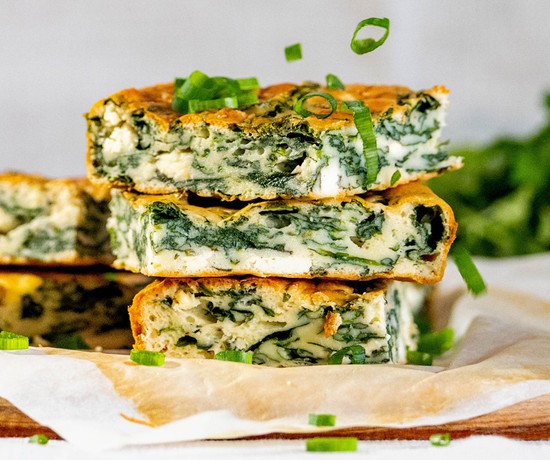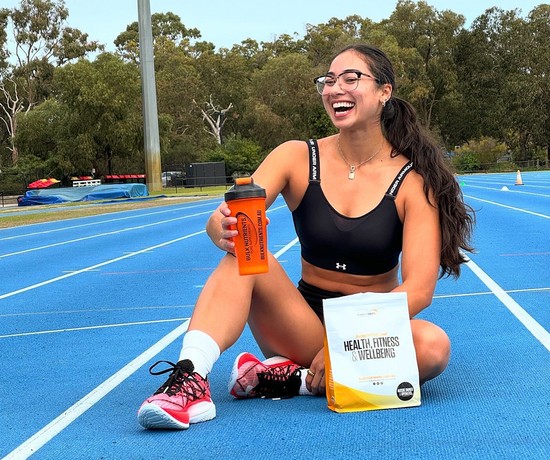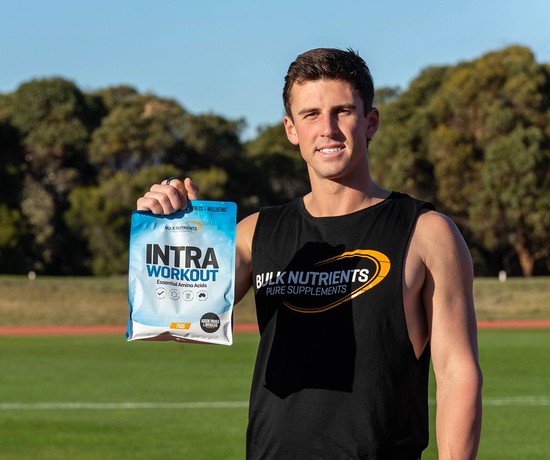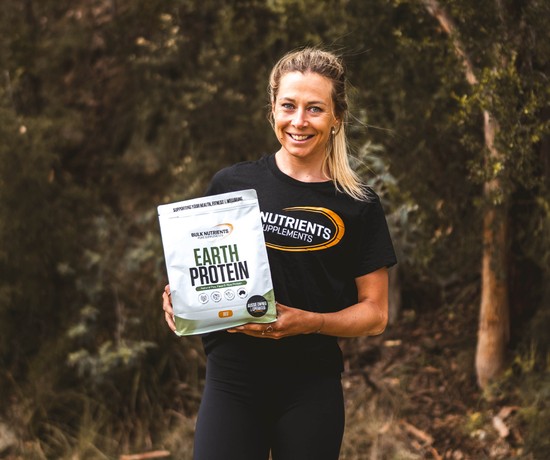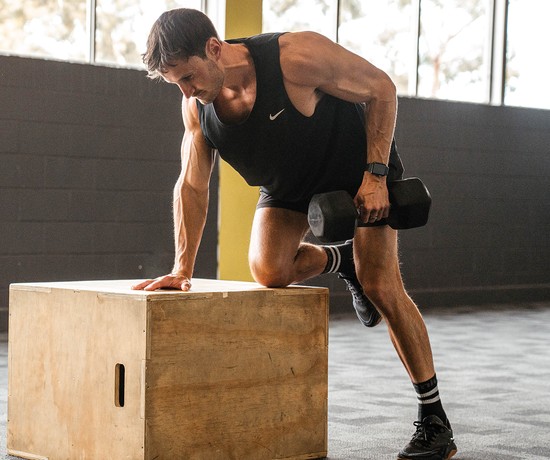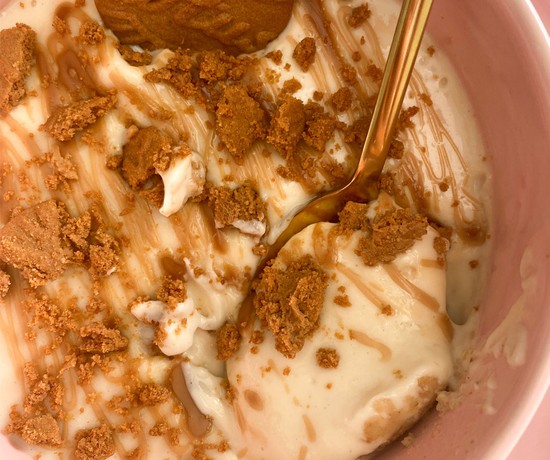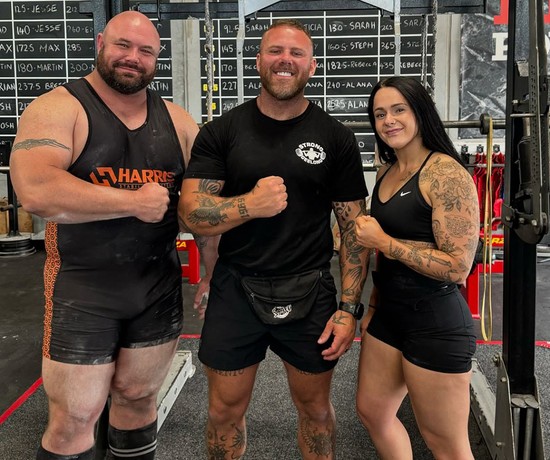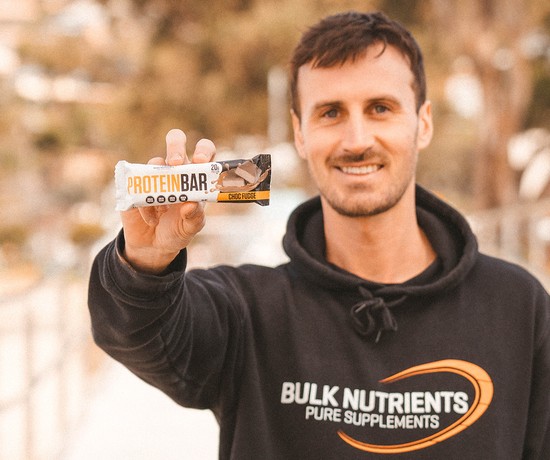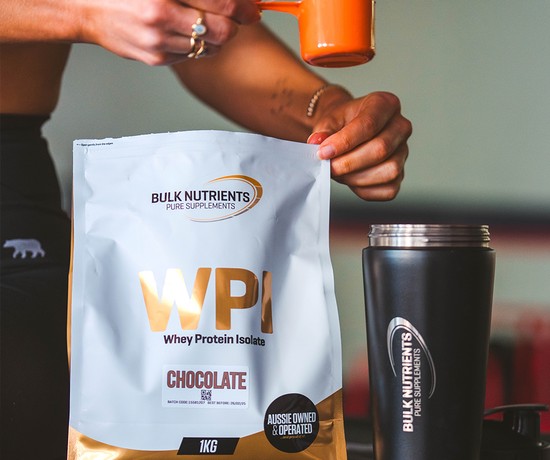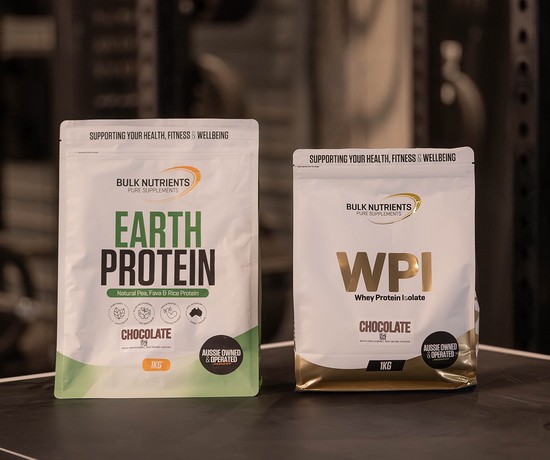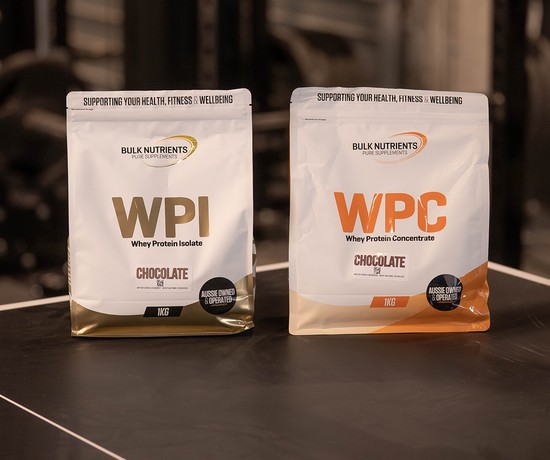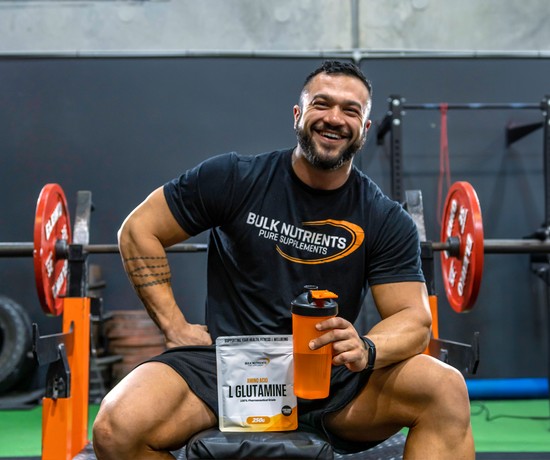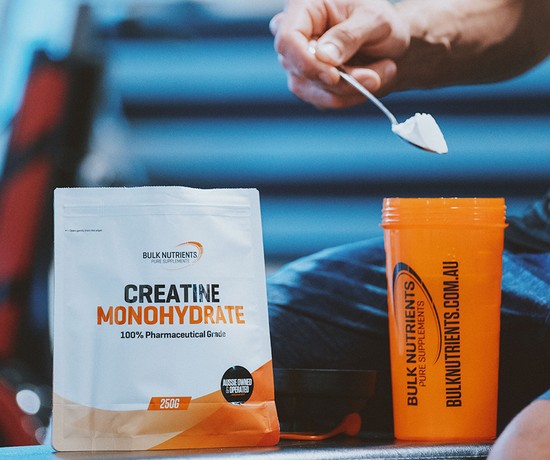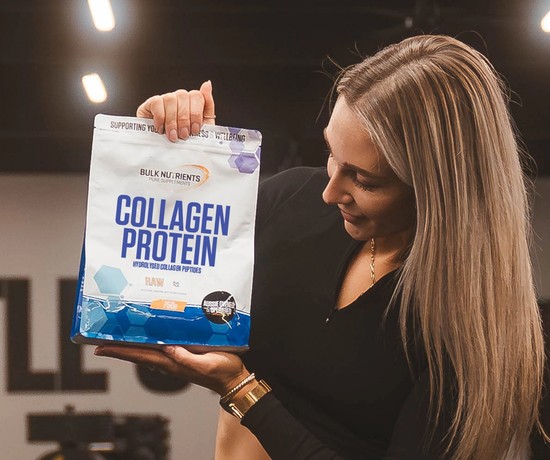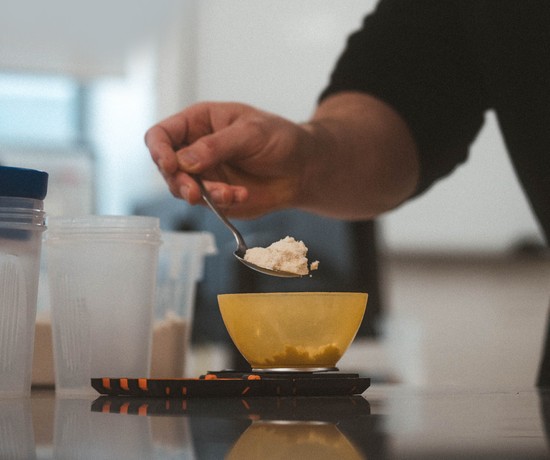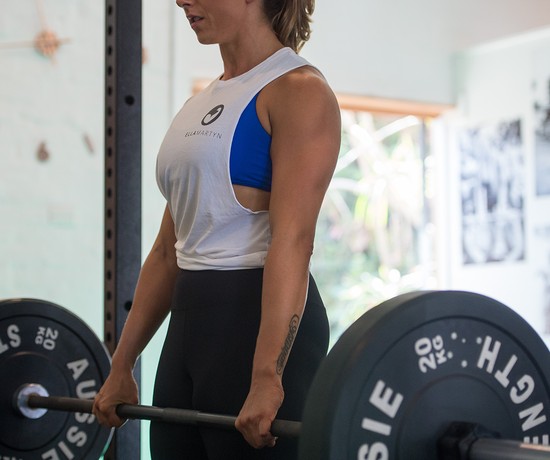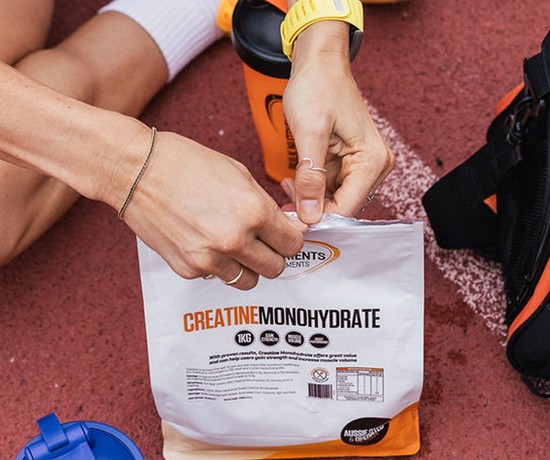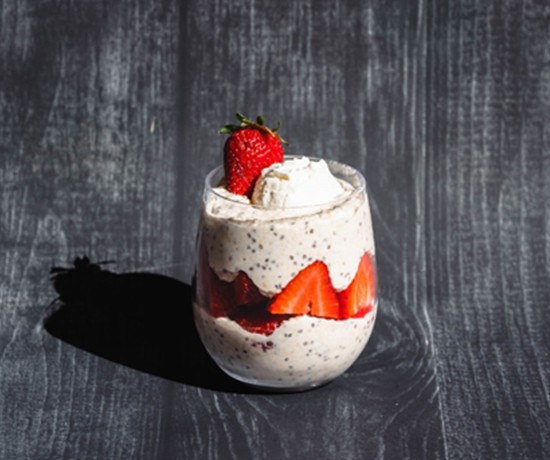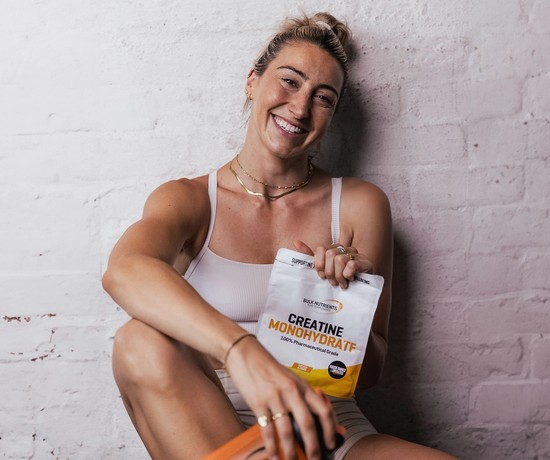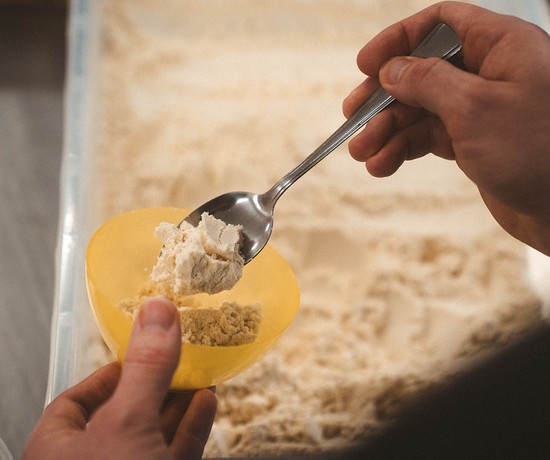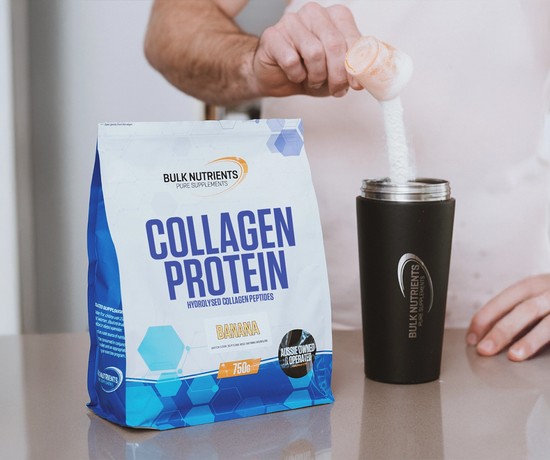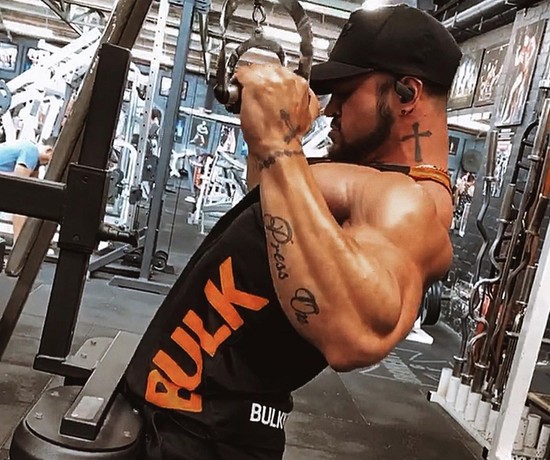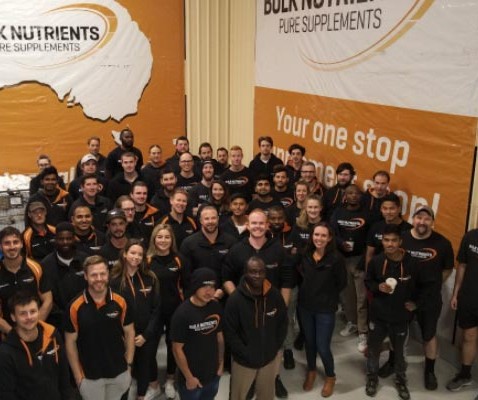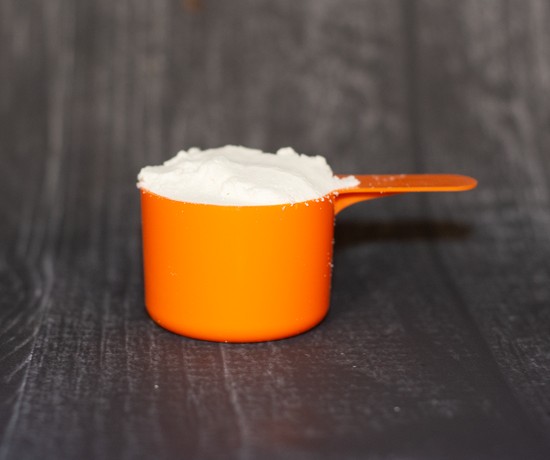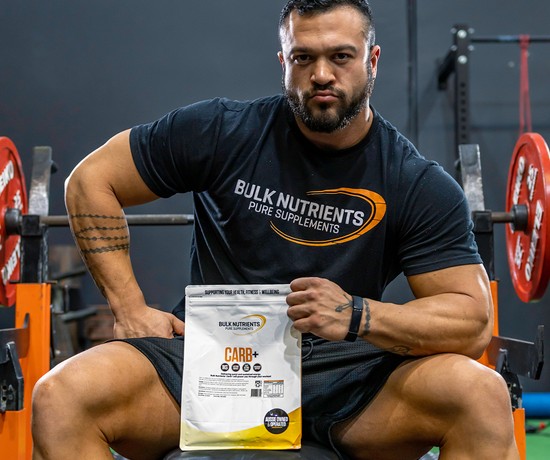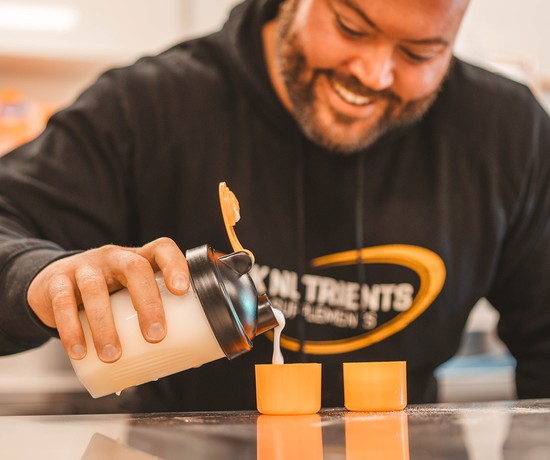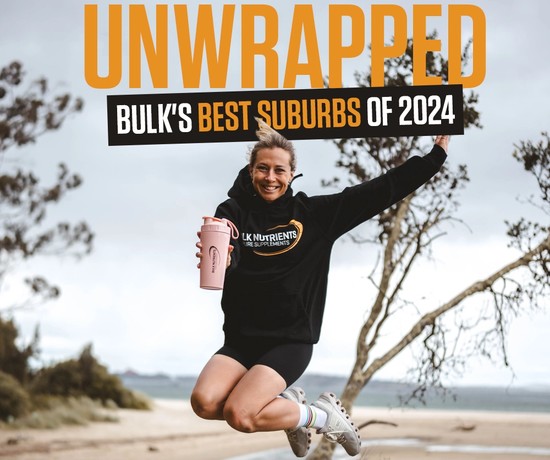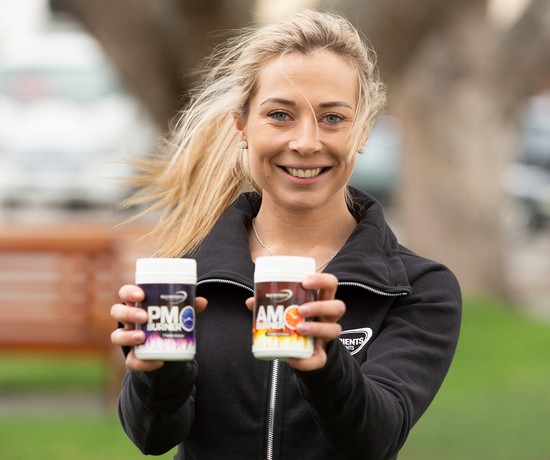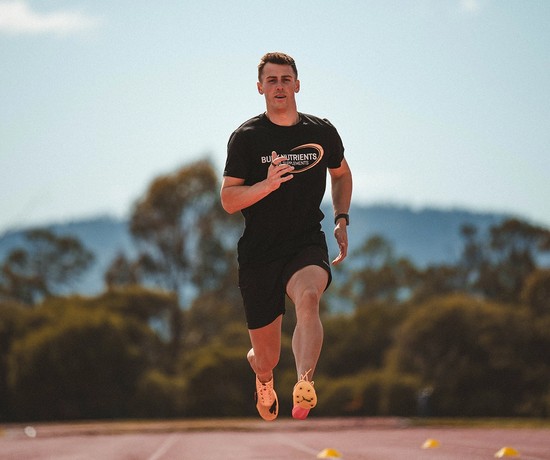Off Season: The Key to a Good Bodybuilding Prep

Muscle growth is slow and requires commitment, patience, and a lot of time.
This is where Off-season becomes the key to a good Prep.
I've been in this game for over 10 years, as a judge, coach, competitor, and let me tell you, not enough people maximise their off-season.
Here are the major mistakes made during this time:
Not eating enough.
I reckon 9/10 competitors spend the off-season being too conservative with their calorie intake.
This is either due to fear of getting fat or a lack of monitoring food intake.
The key to muscle growth is supplying your body with enough energy (calories) and nutrients to support your training and recovery.
Generally speaking, a 10-15% surplus (from maintenance level) is a good range.
Be aware that everyone is different and there are many factors that cause variations in determining what calorie range is suitable for growth.
Eating in a calorie surplus can be tough because it does bring on some body fat.
No one wants to get fat. Especially if you've recently been on stage, it can be mentally hard to watch your physique transform from a human anatomy chart to the 'regular' body.
Here's the thing.
To build decent muscle you HAVE to be in a calorie surplus. There will be some fat gain with this but this is why we spend 16+ weeks turning our focus to shredding the fat off and revealing those beautiful new muscles.
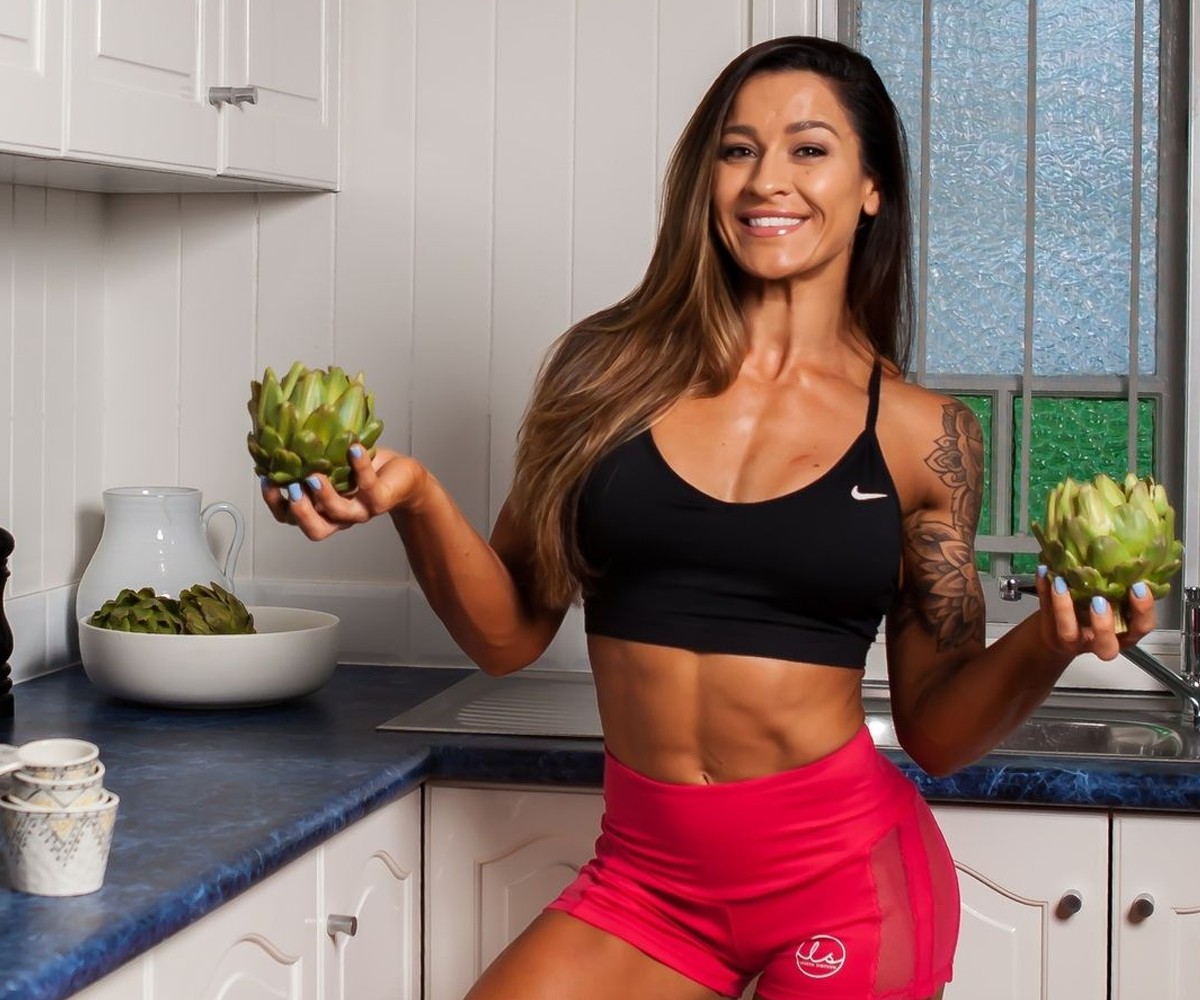
Eating too much junk
There is a major misconception that Off-season is about eating junk food and getting fat in order to build muscle. Absolutely not.
While you will gain some body fat (and every individual is different in how much they gain) there is no need to 'get fat'.
The look and feel of fat are very subjective to a person's opinion. I've had girls tell me 'I'm fat' at 18% body fat which is ridiculous. That might be their perception of fat but in reality and compared to the average person and health standards, it's far from it.
In order to build muscle, your body needs to receive a wide variety of nutrients from whole foods.
While it's hard to eat 100% clean on high calories, the majority of food choices should comprise of wholefoods.
Fun things like ice cream, tacos, chocolate, etc can 100% be incorporated into your diet so long as you've ticked off the basics:
- Adequate fibre intake
- 2-3 serves fresh fruit
- 5 serves vegetables (lots of colour and variety)
- Protein sources from mainly wholefoods (not entirely made from supplements, bars and processed foods)
- Appropriate supplements to support training and recovery
Processed foods are great to reach those high calories and also to feel freedom with food choices. If you're on high cals, there's only so much clean food you can eat before the sheer volume makes you feel constantly full, bloated and like you're chewing all the time.
Some processed foods are totally ok but remember, get the 'health' in as a priority.
Not fuelling the body correctly
The main purpose of an off-season is to build muscle.
In order to do this, training must be geared towards growth, and nutrition must support this goal.
A few nutrition pointers to consider to achieve muscle growth:
- Eat-in a calorie surplus of between 10-15% of TDEE (total daily energy expenditure). This is a general guide and varies from person to person
- Nutrition to support performance.
- Pre and post-workout meals consisting of protein and carbohydrates to support optimal performance, recovery and growth.
- Constant fuel (a form of sugar) during longer/more intense sessions to ensure you always have an immediate supply of energy
- Adequate protein intake throughout the day (between 1.4-2g/kg body weight)
- Hydration 3-4L/day (depending on how big of a human you are)
- A higher carbohydrate diet to support the energy demands of training and assist in recovery
- A wide range of nutrients to support overall health. A healthy body will always perform, recover and build muscle best.
- Appropriate supplementation. Basics being:
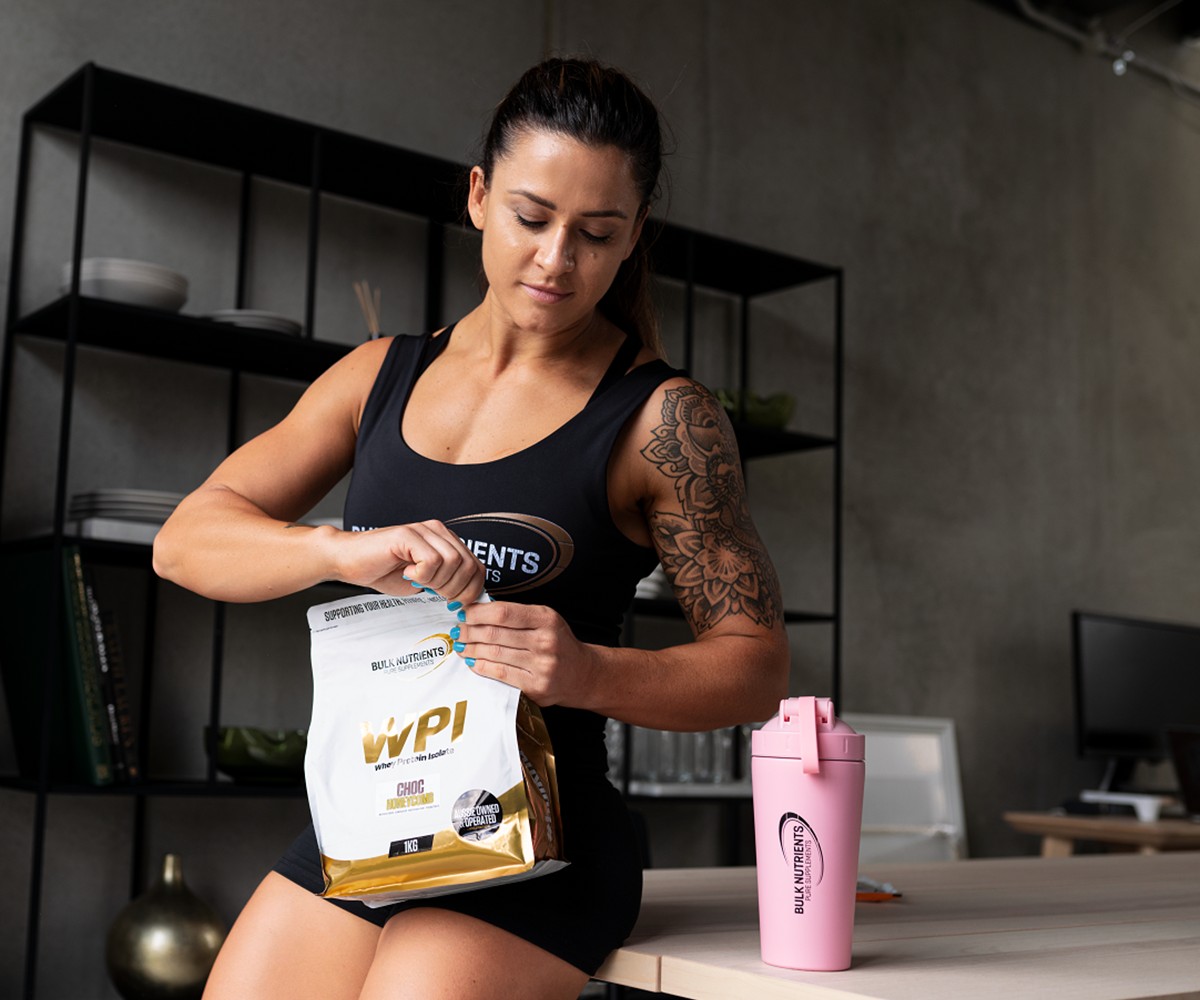
Too much cardio
There's always the fear of 'getting fat' so people feel the need to run or do some form of cardio to keep the fat down.
A certain level of cardio can be appropriate (depending on the person) but too much can result in expending too much energy. If nutrition does not allow for that extra energy output it results in a calorie deficit which means no growth.
The prime goal, find your appropriate calorie surplus to support your training which should be specific to muscle growth.
Overtraining
It's easy to do too much, especially if you're a gym junkie!
Building muscle isn't about destroying yourself to the point of near-death.
Building muscle is dependent on:
- Quality over quantity of training
- Good mobility to perform exercises correctly
- Putting in effort without losing form
- Training to suit your energy intake. Training too much in relation to the calories (energy) you consume can result in fatigue and muscle loss
- Training specifically to suit muscle growth
- Scheduled recovery! Crucial to:
- Replenish energy stores
- Repair damaged muscle tissue
- Decrease chance of injury
- Time for the body to recover and back it up for your next session

Lack of focus
Losing sight of your goal when it's months or years away is way too easy.
Why make every day count when there is a tonne of time to eventually make up for it?
Well... while these people are 'fluffing' about wasting time, I can guarantee the future champions are grinding away each and every day.
A few tips to keep focus:
- Set small goals as benchmarks to keep momentum and ensure every day and week is contributing to the overall goal.
- Hire a coach and be accountable to them
- Follow a program so you are always told what to do and know it's geared towards your long term goal
- Follow nutrition to make sure you are always on the right path, never sliding under or over the appropriate calorie range and keeping health as priority
- Track progress (both training and physical changes) to celebrate each and every win to keep and acknowledge success and keep motivation
The months slip by quickly and muscle growth is slow so make the most of every day.
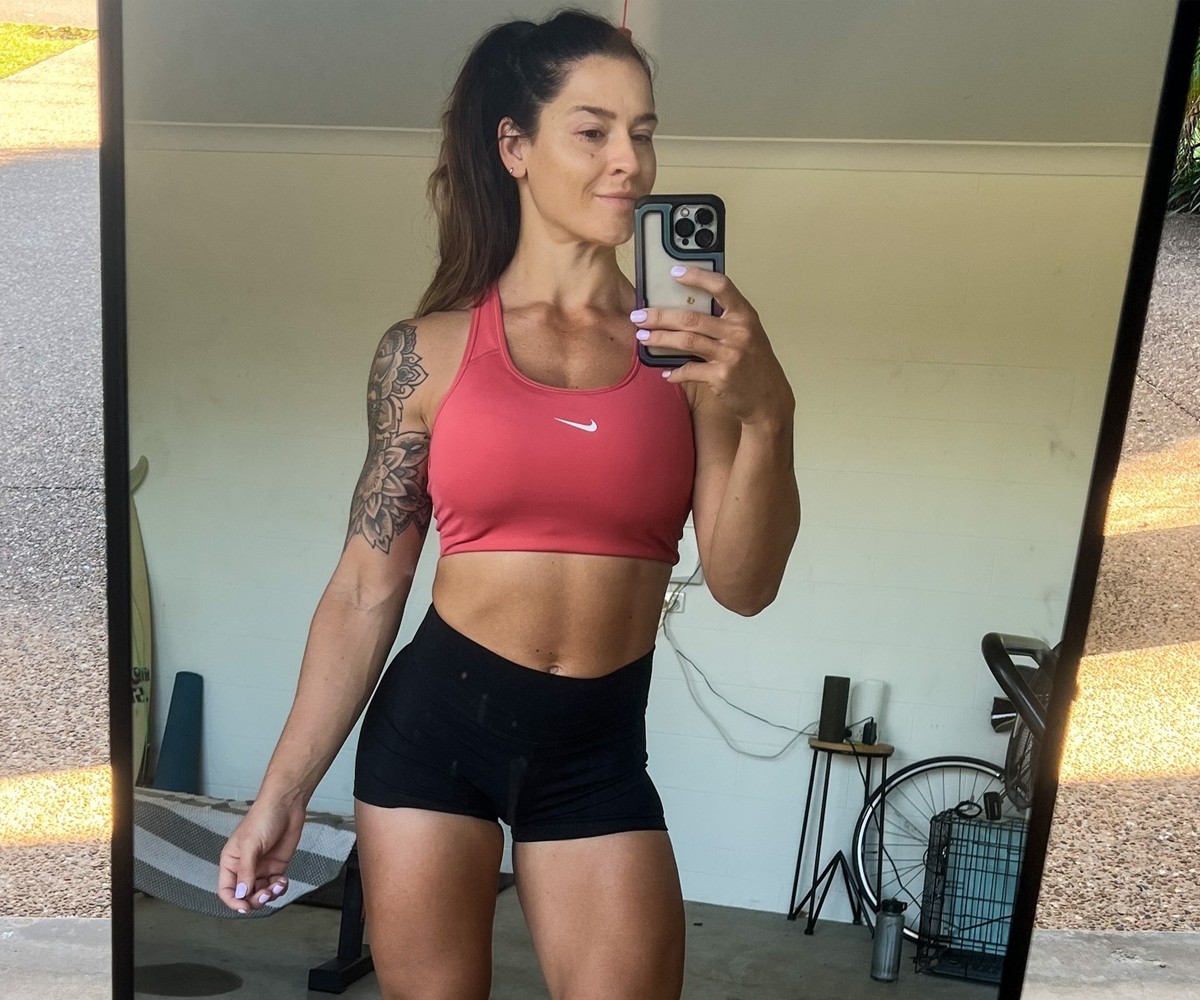
Not tracking progress
Body progress can be slow, especially if you've been training a while.
It's really important to track to acknowledge every little skerrick of change so you can celebrate success and adapt methods if need be. Sometimes you'll see success, sometimes there can be a decline. Tracking allows you to monitor and make changes to always push you in the right direction.
I recommend any of all of the below to track:
- Body measurements (weekly to monthly)
- Weigh-ins (weekly to monthly)
- Skinfolds (1-3 months)
- DEXA scan (3 monthly)
- Photos (weekly to monthly)
Bodybuilding is a long game if you want to truly succeed.
It's a lot of effort and requires focus all year round but that's the requirement of any successful athlete in any sport (yep, I just called bodybuilding a sport!)
If you want to go far in this game, do what most others won't and get yourself ahead.
Make your off-season count!
More from Tammie:
How to prepare for a bodybuilding show: Tips from a pro
Top tips to perfect your posing

Tammie Sarkozy is a highly motivated FMG (formerly WBFF) Pro Fitness Model, qualified sports nutritionist and women's bodybuilding and posing coach.
Tammie helps guide women to move better, feel stronger and unlock their inner potential.
More about Tammie Sarkozy